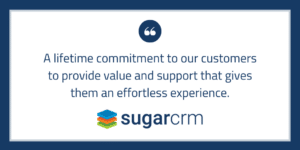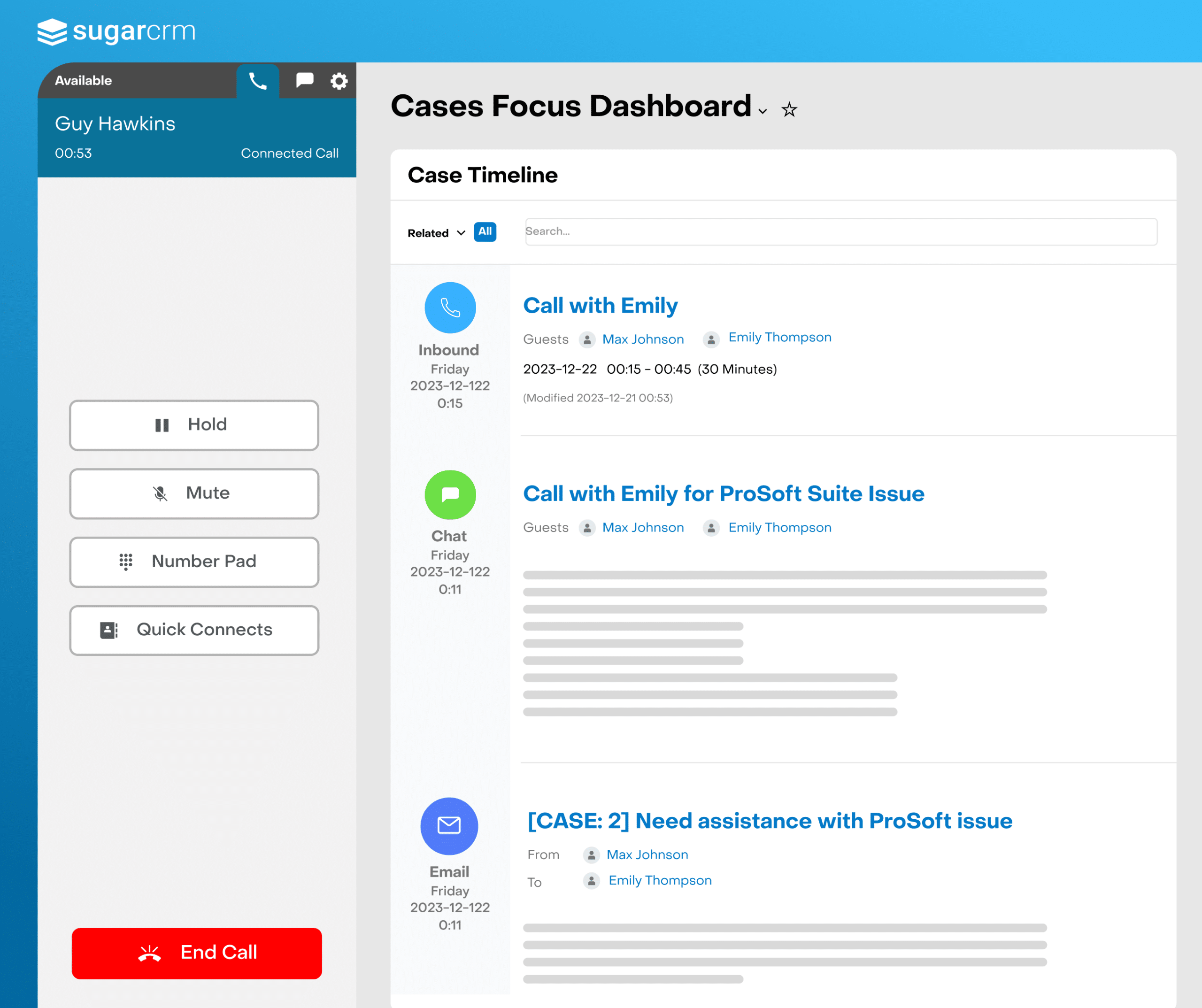Defining Customer Experience
You hear the term all the time: customer experience. Executives constantly proclaim, “we need to adjust our customer experience. How can we optimize our customer experience? How are we competing via customer experience?”
But what do they actually mean?
We discussed this topic with customers on “why CX is crucial to growth” and even more essential during the current global business challenges. Listen in to our discussion here.
There are a lot of expert opinions and definitions of customer experience with each one a bit different. For example:
- CX is a representation of everything an organization does to contribute to the delivery of the ‘end to end customer experience’. – Ian Golding, Customer Experience at a Crossroads
- The customer’s perceptions and related feelings caused by the one-off and cumulative effect of interactions with a company’s employees, systems, channels or product everything an organization does to contribute to the delivery of the ‘end to end customer experience’. –Gartner
- Customer experience is the internal and subjective response customers have to any direct or indirect contact with a company. – Andrew Schwager, founder of Satmetrix Systems (NPS) in Harvard Business Review
There are common similarities and differences between these definitions and a few themes emerge:
Everything or End-to-End: A holistic and all-encompassing concept, it touches every aspect of the business.
Subjective Response, Perception, or Feelings: Instead of a quantitative metric that you can track, the idea of customer experience relies on feelings and how things are received and processed on the end of the customer.
Interaction or Contact: It’s the result of an action rather than just a strategy, just a process, or a mindset. This is a direct connection between the company and the customer.
These key elements are connected via a common thread and directly related to the way the customer feels, not the business. But even though we can break down this message from thought leaders in the industry, it doesn’t mean that it’s the right one or the best one. For every business, the definition of customer experience must be a total and actionable concept centered solely around their customers.
Bringing it Together: Sugar’s Definition of Customer Experience
At Sugar, we define customer experience as: A lifetime commitment to our customers to provide value and support that gives them an effortless experience.
Why does it matter how we define customer experience at Sugar? Our definition of the customer experience brings it back to our core values at Sugar. Not only is it part of who we are as a company, but is core to our brand promise.

Value
Perhaps the most important word in Sugar’s definition of customer experience is “value.” Business, at its core, is about value exchange—any vendor, technology, or person needs to provide solid value to customers to be successful. Every company has to keep that clearly in focus to succeed.
Pulling back for a moment, the definition of value is “a fair return or equivalent in goods, services, or money for something exchanged” according to Merriam-Webster. Value is about the key business question, “what’s the give to get?” That question drives pricing, purchase, business strategy, and even macroeconomic issues. Which makes it an imperative part of our view on our customers’ experience at Sugar.
Providing value is essential to what we do, to increasing customer satisfaction and helping businesses build relationships with their customers.
Effortless
Anyone who knows about customer experience has probably heard the phrase “moments of delight.” This phrase is a good example of what many companies strive to create for their customers. But in building our company, we have felt a more important ideal was for our customers to find it easy to do business with us. Sugar has always endeavored to create a customer experience that was effortless.
In recent years, IT industry leader Gartner has embraced this idea of “effortless experience.” Their research shows that customers want more experiences that are effortless than those that delight. Customers, no matter what product or service they are digesting, want an experience that just works.
With 89% of companies competing on the basis of customer experience, companies can more easily differentiate from the pack by investing in an effortless experience for their customers. The promise of reducing effort when interacting with our company and using our software allows us to provide the best possible experiences for Sugar customers.
Lifetime Commitment
A lifetime commitment to our customers is not just a product design philosophy but is core to how Sugar operates as a business. An unwavering commitment to delivering value throughout the entire relationship is how we roll at Sugar. This starts at the moment we engage with a prospective customer and continues after a customer purchases, implements, and renews with us.
Our lifetime commitment is a promise to enable companies to grow and succeed, through holistic support throughout their journey. Our commitment to our customers is to deliver on our promises, treat them with fairness and respect and, and treat their success and the success of their customers with the utmost importance.
It’s What it Means to Be Sugar
Our definition of customer experience didn’t come to fruition overnight, but rather through our journey as a business and millions of interactions with our customers. As a Customer Experience Suite software provider, we know that we need to set the expectation of what customer experience is.
Enabling our customers to be successful is what it means to be a Sugar, and we’re thrilled to be a part of our customers’ journey because that’s what makes us Sugar—effortless value and a lifetime commitment to our customers.


